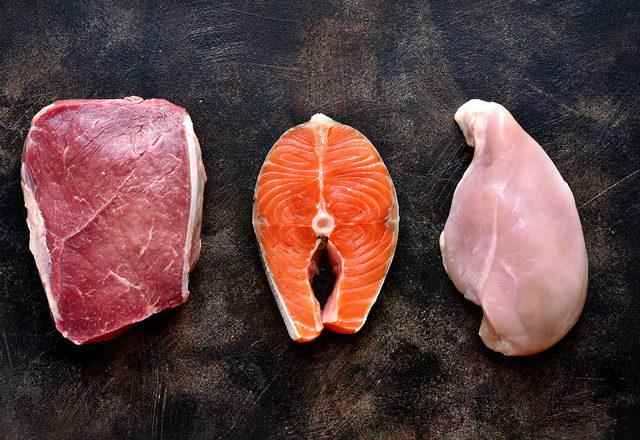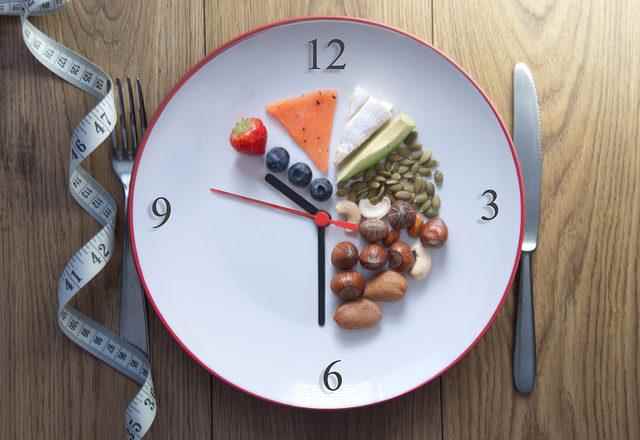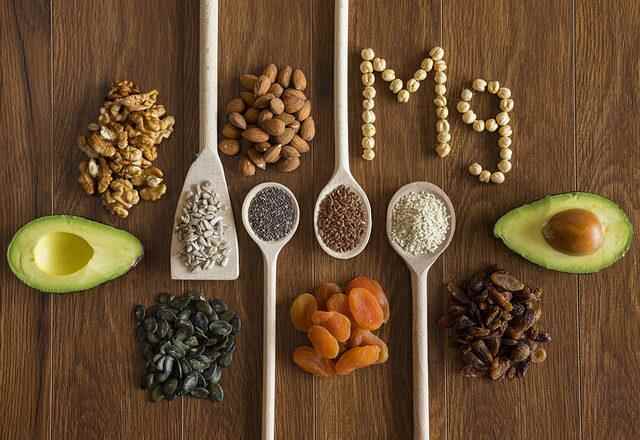When you are tired, you do not enjoy anything you do. Being tired all day also has negative social effects. Tiredness that never goes away can cause disruptions in work. Malnutrition is among the underlying causes of these fatigues. Improper nutrition causes many diseases, as well as fatigue in the body that does not go away. Nutrition and Diet Specialist Tuba Sungur explained 7 nutritional mistakes that cause fatigue, and made important warnings and suggestions.
YOU MAY BE SENSITIVE TO SOME FOODS
Nutrition and Diet Specialist Tuba Sungur; Stating that ‘food sensitivity’ can cause fatigue as well as unhealthy lifestyle and wrong eating habits, he says: “You may be sensitive to many foods or nutritional compounds such as milk, eggs and gluten. You may feel gas, bloating, abdominal pain and constant fatigue after consuming foods that you are sensitive to. A blood test is all it takes to determine which foods you are intolerant to. Arranging the foods obtained as a result of the tests by removing them from your diet will make your feeling of tiredness go away.
CARBOHYDRATES LOWER BLOOD SUGAR, CAUSED FACILIATION

Carbohydrates are the first nutrients that are quickly converted into energy in our body. Carbohydrates are divided into simple (refined) and complex. In a healthy diet, it is necessary to prefer complex carbohydrates that have a high fiber content and provide healthier fluctuations in blood sugar. Simple carbohydrates such as floury foods, pastries, sherbet desserts and white bread are low in fiber, contain high calories and cause rapid rise and fall in blood sugar. very little should be consumed. Simple carbohydrates also cause weight gain, fatigue and many chronic diseases. If you do not want to experience constant fatigue, instead of refined sugar and sugary foods; It is beneficial to prefer foods such as whole wheat, bulgur, oats, legumes, vegetables and fruits by paying attention to portion control.
YOU NEED TO STAY AWAY FROM Caffeine

As a society, we consume a lot of caffeinated beverages such as tea and coffee in our daily lives. Unfortunately, there has been an increase in the amount of consumption of such drinks during the pandemic process. Excessive caffeine consumption causes anxiety, headaches, irritability, restlessness and fatigue due to insomnia. For adults, daily caffeine consumption should be 250-300 mg on average. This is met with 1-2 cups of filter coffee and 1 cup of Turkish coffee per day. However, it would not be right to reduce caffeine excessively for people who take caffeine much more than these daily amounts. Reaching the daily amount gradually to reach the required doses will allow you to overcome the withdrawal symptoms more easily.
DRINKING LESS WATER CAUSES FACILIATION

Adequate fluid intake is very important to replace the water lost in our body. If adequate fluid intake is not provided, the body becomes dehydrated and people feel more tired. Drinking tea and coffee during the day also acts as a diuretic (fast urination) in the body, causing the body to become even more dehydrated. To prevent this, 30-35 ml of water per kilogram should be drunk per day.
DO NOT STAY AWAY FROM PROTEIN

Protein deficiency causes muscle loss in the body over time. Body resistance decreases, metabolism slows down. In long-term insufficient protein intake, the body has to use the protein in its own tissues. As a result, body weight decreases, weakness, anemia (anemia) and edema (swelling) occur, and the person feels more tired. Adults should consume meat, chicken, fish, eggs, cheese, milk and products rich in protein in personalized portions throughout the day. While the amount of protein that should be taken daily increases in athletes, this amount may need to be limited in some diseases.
DON’T SKIP MEALS BECAUSE I LOSE WEIGHT

Skipping meals and low-calorie eating are also among the nutritional mistakes that cause fatigue. Irregularities in blood sugar occur when eating low calories and skipping meals. For this reason, weakness develops and the person feels tired. To prevent this, a meal order should be provided, and meal times should be regular every day. When hunger is felt between main meals, a snack should be made to ensure blood sugar regulation. If your goals include losing weight, a healthy and regular diet plan should be applied to you. You should definitely do this in consultation with a nutritionist and dietitian.
WHY ALCOHOL CAUSES WEAKNESS

Alcohol lowers the number of red blood cells that carry oxygen in the blood. This causes anemia. People with anemia experience symptoms such as weakness, fatigue and shortness of breath. Apart from this, the person starts the day with the feelings of waking up early, headache, thirst and nausea (Hangover syndrome) the next day after heavy alcohol intake. This causes the person’s feeling of fatigue to increase even more.
CONSUME MAGNESIUM CONTAINING FOODS

Not consuming foods containing magnesium is another cause of fatigue… Magnesium deficiency; It causes fatigue, muscle cramps, mental problems, irregular heartbeat and osteoporosis. If you are feeling intensely tired, you may have a magnesium deficiency. You can find out with a blood test. To prevent magnesium deficiency, regularly consume plenty of magnesium-rich foods such as pumpkin seeds, almonds, cashews, pine nuts, walnuts, spinach, beans, lentils, avocados, bananas and leeks during the day.
